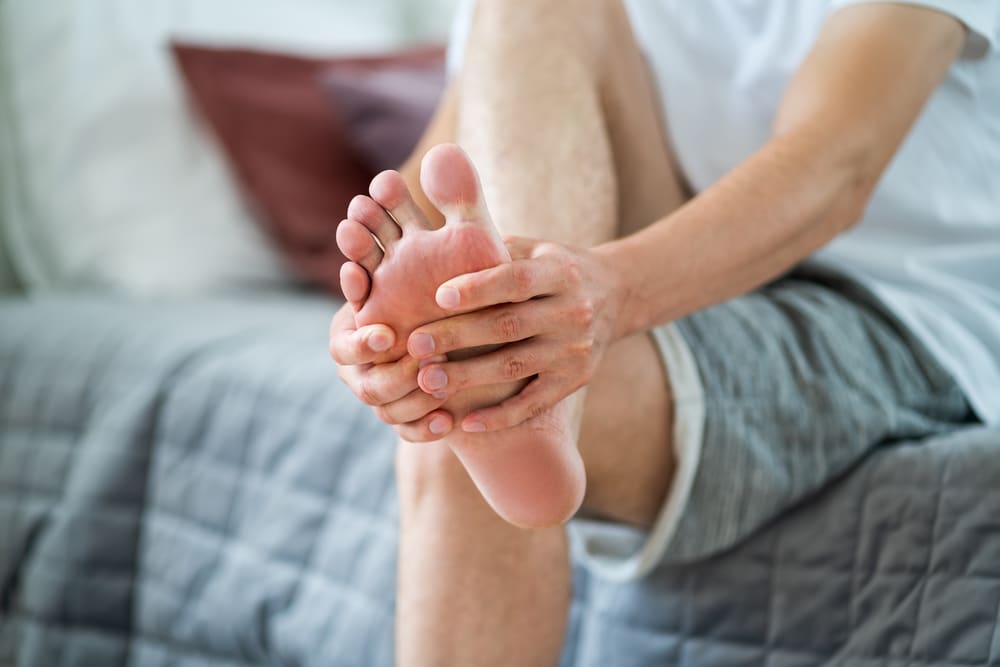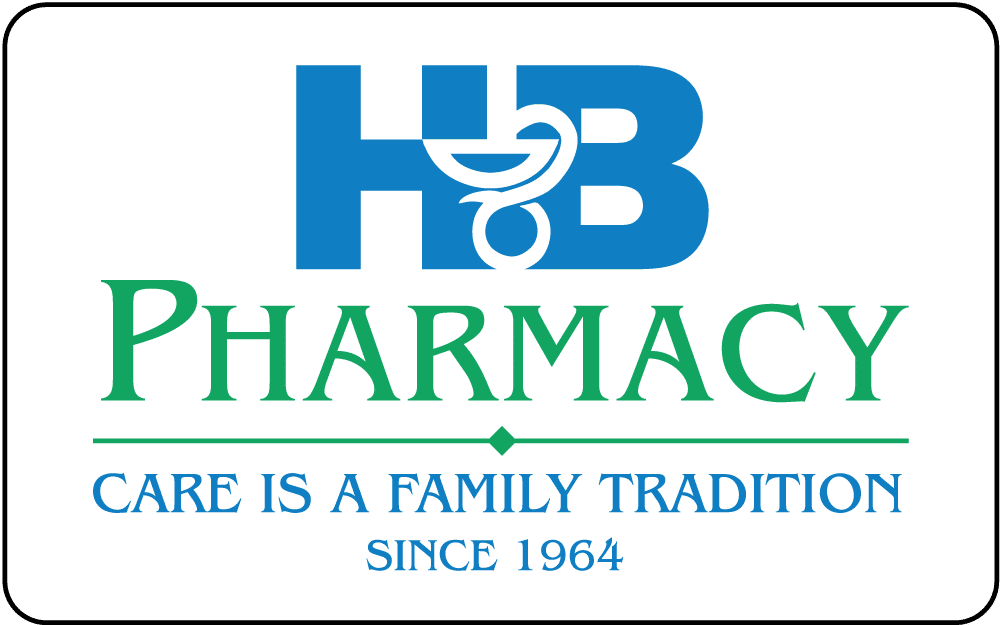COMPOUNDING - PODIATRY
Compounding medicine plays a crucial role in the field of podiatry, offering customized solutions to address unique patient needs. Podiatrists often encounter diverse foot and ankle conditions, and compounding allows them to tailor medications to meet specific requirements. This article explores what compounding medicine is, how it can help in podiatry, different types of compounded medications, and who should consider using them.

What is Compounding Medicine?
Compounding medicine is the process of preparing customized pharmaceuticals to meet individual patient needs. It involves mixing, combining, or altering ingredients to create medications in forms or strengths not commercially available. In podiatry, compounding allows practitioners to create personalized treatments that are both effective and patient-friendly.
How Can Compounding Medicine Help in Podiatry?
Customization
One of the primary benefits of compounding medicine in podiatry is customization. Podiatrists can tailor medications to fit the unique requirements of each patient. This is particularly valuable when dealing with conditions that don’t respond well to standard treatments or when patients have allergies or sensitivities to certain ingredients commonly found in commercial medications.
Enhanced Absorption
Podiatrists may utilize compounding to create topical medications that are better absorbed through the skin, promoting faster and more targeted relief. This is especially helpful for patients with fungal infections, warts, or other skin conditions affecting the feet.
Combining Medications
In some cases, patients may require multiple medications to manage various podiatric conditions simultaneously. Compounding allows for the convenient combination of these medications into a single dosage form, simplifying the treatment regimen and improving patient adherence.
Dose Adjustment
Compounding enables precise dose adjustments, ensuring that patients receive the right amount of medication. This is crucial for managing chronic conditions like neuropathy or arthritis, where the optimal dose may vary from patient to patient.
Pediatric Podiatry
Children often have unique needs when it comes to podiatric care. Compounding can be especially beneficial in pediatrics, as it allows for the creation of child-friendly formulations, such as flavored gels or creams, which can improve medication compliance.
Types of Compounded Medications in Podiatry
- Topical Compounds: These include creams, ointments, gels, and sprays that are applied directly to the skin. They are commonly used for conditions like fungal infections, plantar warts, and pain management.
- Custom Orthotics: Compounding can extend to custom-made orthotic insoles, designed to address specific foot deformities, injuries, or biomechanical issues.
- Anti-inflammatory Compounds: Compounded medications can combine various anti-inflammatory agents to provide pain relief and reduce inflammation in patients suffering from conditions like plantar fasciitis or Achilles tendonitis.
- Pain Management Compounds: Customized pain creams or gels can be compounded to target pain at the source, providing relief without the side effects associated with oral pain medications.
Who Should Use It?
Compounded medications can benefit a wide range of podiatry patients, including:
- Patients with Allergies: Individuals allergic to certain ingredients in commercial medications can benefit from allergen-free compounded alternatives.
- Pediatric Patients: Children often require tailored medications with age-appropriate formulations and flavors.
- Patients with Chronic Conditions: Those dealing with chronic foot or ankle issues, such as neuropathy, arthritis, or diabetic foot ulcers, may require personalized treatment plans that include compounded medications.
- Patients Seeking Alternative Dosage Forms: Patients who have difficulty swallowing pills or prefer topical applications can benefit from compounded medications.
- Patients Requiring Combination Therapy: Patients with complex conditions that necessitate the use of multiple medications may find compounded formulations more convenient and effective.
Compounding medicine in podiatry offers a valuable tool for podiatrists to provide individualized care. By tailoring medications to meet specific patient needs, podiatrists can enhance treatment outcomes and improve the overall patient experience. Whether it’s customizing topical compounds, orthotics, or pain management solutions, compounding medicine has a vital role to play in modern podiatric practice.
Learn More about Compounding MedicatiON
To learn more about compounding medication, schedule a free consultation with one of our expert pharmacists! At HB Pharmacy, we’re dedicated to helping you along your journey to better health. Our staff is dedicated to creating relationships with our customers that enable them to experience better health outcomes. We make it easy to order supplements from our online shop, including supplements specifically for animals. Alternatively, visit our location in North Arlington, NJ, call 1-201-997-2010 to speak with a compounding pharmacist today!
If we get a prescription before 1pm M-F, we generally try to have the medication shipped to you on the same day. Though we are based in New Jersey, we offer expedited shipping options for patients all around the United States.
Please call for pricing and additional details.
Currently get your compounds from another pharmacy? Wonder if custom medication would help you?
Message us today with any questions and we’ll get back to you ASAP! We help patients all over the state of New Jersey and ship medication to our non-local patients.
